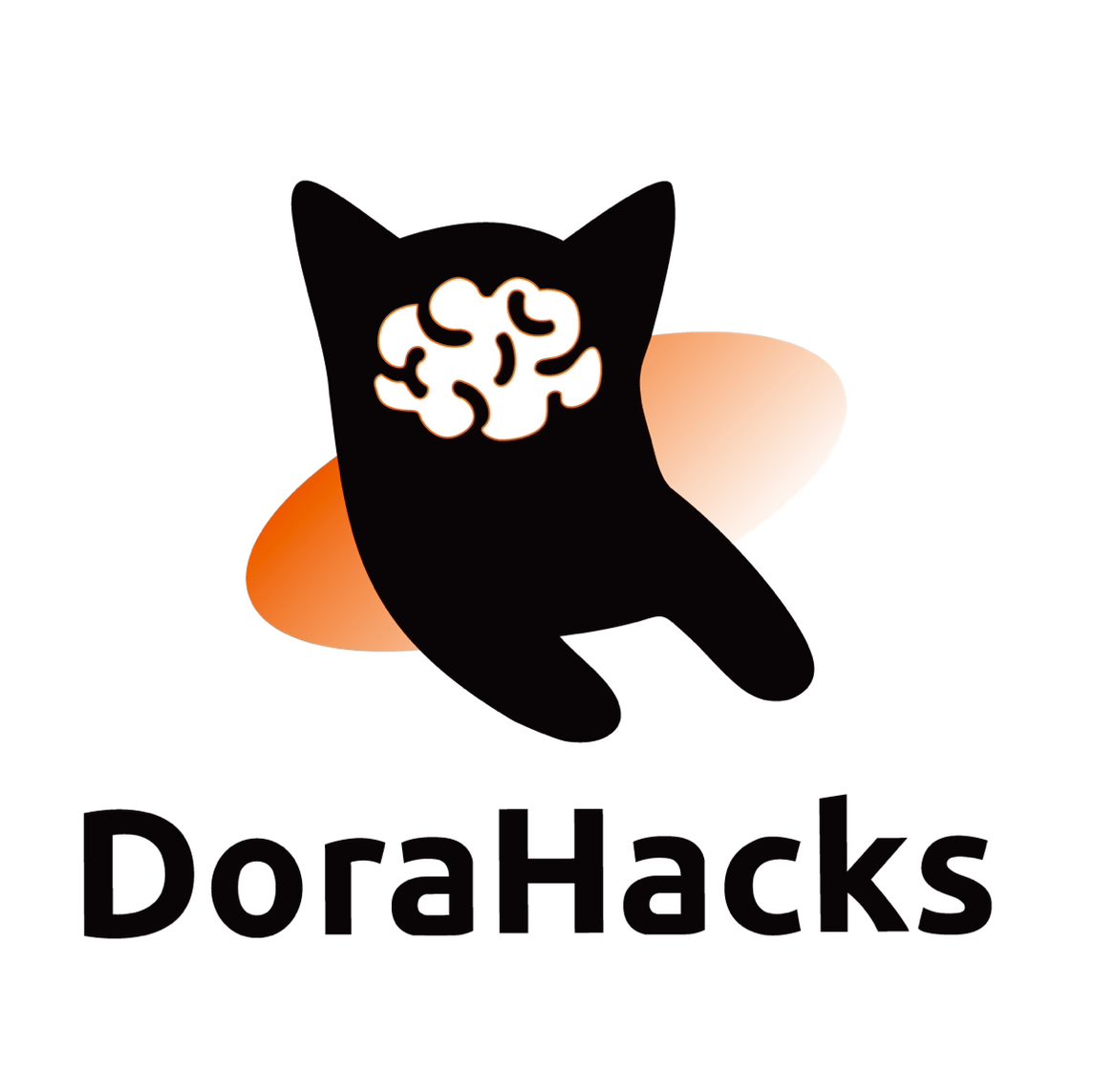Hackathon Summary
The Verifiable AI Hackathon was hosted by cheqd and focused on building a trusted AI ecosystem through a secure, verifiable and ethical system. The event attracted 278 developers to participate, with a total of 21 projects submitted, committed to promoting the establishment of a trusted AI environment. Developers proposed solutions to the abuse of AI technology (such as deepfake fraud) and the challenges of building transparent and ethical AI systems.
Participants explored topics such as autonomous economy, AI verification, and secure data applications using cheqds decentralized identifier (DID) and verifiable credential (VC) technologies. Core results include innovative content authentication solutions and application practices to prevent false information through verification of data sets.
This hackathon highlights the need for AI solutions to develop with transparency and user rights at the core, aiming to empower developers through blockchain tools and lay a solid foundation for secure and reliable AI applications. This initiative is committed to upgrading the interaction mode between digital identity and AI to a new paradigm that takes into account sustainability and privacy protection.
Hackathon Winners
AI Agents Award Winners
Kith : This decentralized system leverages cryptographically verifiable credentials to ensure privacy, authentication, and trustworthiness of AI agents through decentralized identifiers (DIDs).
Identone : This project ensures the trustworthiness of interactions between humans and AI voice agents by verifying identity during phone conversations.
SNAILS. : Robots that leverage decentralized digital identities to authenticate content, thereby increasing trust in AI environments.
Other Award Winners
CheqDeep : Leveraging blockchain technology to authenticate media content, verifying human provenance and authenticity by linking resources via DIDs.
Trusty Bytes : Provides a marketplace for AI agents to obtain verified data, using blockchain-based verification to ensure trusted transactions.
crdbl : A platform that improves online credibility through verifiable credentials, decentralized identity, cryptographic signatures, and AI verification.
Build an Agent that Aggregates Private User Data Award Winner
Viskify : An AI-assisted platform for talent verification that leverages verifiable credentials and deterministic decentralized identifiers, and integrates with Stripe and Verida for billing and private data management.
For more information on all the projects, visit The Verifiable AI Hackathon .
About the organizer cheqd
cheqd is a key player in the blockchain industry, focusing on digital identity solutions. The organization is known for its role in building a decentralized identity infrastructure that supports secure and privacy-focused data management. By leveraging cutting-edge blockchain technology, cheqd plays a key role in the development of standards for the identity ecosystem. Its efforts include establishing strategic partnerships to create interoperable identity services. With a commitment to strengthening the digital trust framework, cheqd continues to empower individuals and organizations through advanced and effective identity management solutions.










